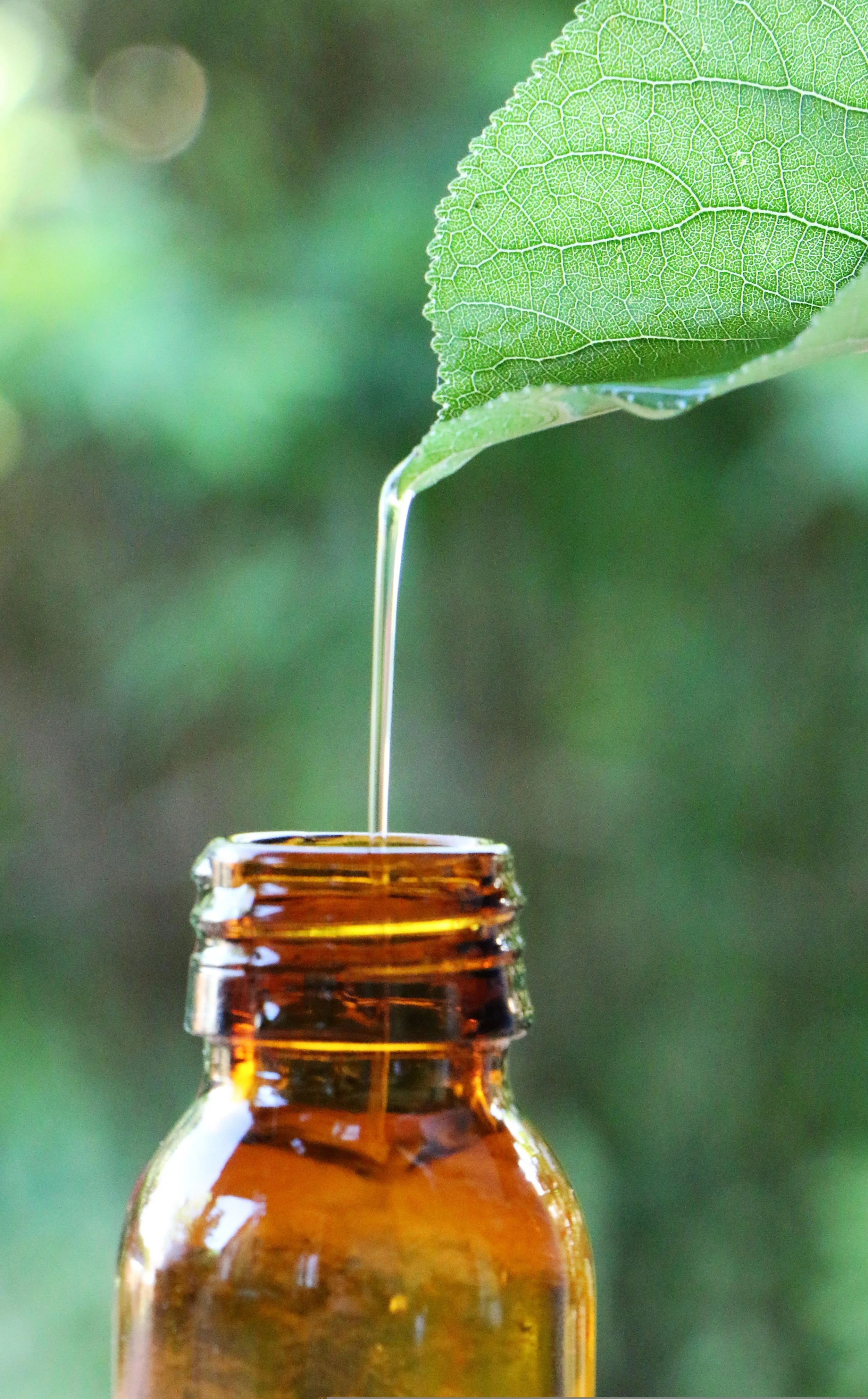Essential Oils to Avoid in Cold Process Soap (and Safer Alternatives)
Cold process soap making is a rewarding craft, and essential oils are often the go-to choice for adding natural fragrance and therapeutic value. But not every essential oil is suitable for soap. Some lose their scent during saponification, others can irritate the skin, and a few are downright unsafe.
If you want your soaps to be safe, effective, and enjoyable, it’s important to know which essential oils to avoid — and what you can use instead.
Why Some Essential Oils Don’t Work in Soap
There are several reasons an essential oil may not be the right fit for soap making:
Skin sensitivity or toxicity – Certain oils contain compounds that can cause burns, rashes, or allergic reactions.
Stability issues – Some oils lose fragrance or break down during saponification.
Cost-effectiveness – Precious oils like rose or oud are too expensive for everyday soap recipes.
Essential Oils to Avoid in Cold Process Soap
Here are some of the most common essential oils you should avoid, along with safer alternatives:
Bitter Almond Oil
Why not? Highly irritating to skin and eyes, even at low concentrations. Vapor may be irritating to eyes, throat and respiratory tract. The primary concern with bitter almond oil is its cyanide content which is both a toxin and a poison.
Safer alternative: Although not an essential oil, you can safely add sweet almond oil (up to 20%) to your soap recipe instead and you will achieve a subtle almond scent.
Camphor (Yellow) Oil
Why not? Can be toxic and irritating to skin. Yellow camphor oil contains high amounts of safrole which makes it toxic.
Safer alternative: Consider chamomile, lavender or rosemary for a fresh, herbal scent.
Eucalyptus (Certain Varieties)
Eucalyptus globulus in high concentration can irritate sensitive skin, especially for children.
Alternative: Keep usage very low (1% or under).
Rue, Pennyroyal, and Wormwood Oils
Why not? These are toxic and unsafe in any skincare product, including soap. They can cause harmful reactions, and even small quantities can cause severe reactions such as lung damage.
No alternative — best avoided entirely.
Wintergreen Oil
Why not? Contains methyl salicylate, which is toxic if absorbed in high amounts. Due to its strength, wintergreen essential oil has the potential to cause skin irritation. Unsafe for skincare products. Can increase bleeding risk for individuals on blood-thinning medications (like warfarin) or for those with bleeding disorders.
Safer alternative: Try peppermint or spearmint essential oil for a fresh mint scent.
A Note on Citrus Oils
Citrus essential oils such as bergamot, grapefruit, lemon, lime, and orange are not unsafe, but they are delicate. Their scent often fades during the saponification process.
Tip: Blend citrus oils with stronger notes (like sweet orange + cinnamon + ginger) to create longer-lasting fragrances.
Tips for Safe Soap Scenting
Keep essential oils at 3% maximum of your recipe (total blend, not per oil).
Check International Fragrance Association (IFRA) guidelines for safe usage rates.
Do a patch test before sharing or gifting soaps.
Blend carefully — strong oils can work beautifully in small amounts.
Label your soaps clearly to alert users to potential allergens. Learn more about complying with Cosmetics Regulation on my business course.
FAQs About Essential Oils in Soap Making
Can you use any essential oil in soap making?
No. Some essential oils are toxic, irritating, or unstable in soap. Always research safety and usage rates before adding oils to your recipe.
What essential oils are best for sensitive skin?
Lavender, chamomile, and calendula-infused oils are gentle, soothing, and widely recommended for sensitive skin.
Why does the scent of my soap fade?
Some oils (especially citrus) are fragile and don’t survive the saponification process. Blending them with stronger oils can help the scent last longer.
How do I know how much essential oil to use?
Follow the 3% guideline, or better yet, check IFRA safety standards for each oil.
Final Thoughts
Essential oils add artistry, personality, and natural fragrance to handmade soaps — but safety always comes first. Stick with proven, skin-safe oils like lavender, tea tree, rosemary, peppermint (in moderation), and geranium. Avoid the “red flag” oils listed above, and your soap will be both beautiful and safe.
If you’d like to learn more about working with essential oils in soap, check out my book or join one of my soap-making courses.

